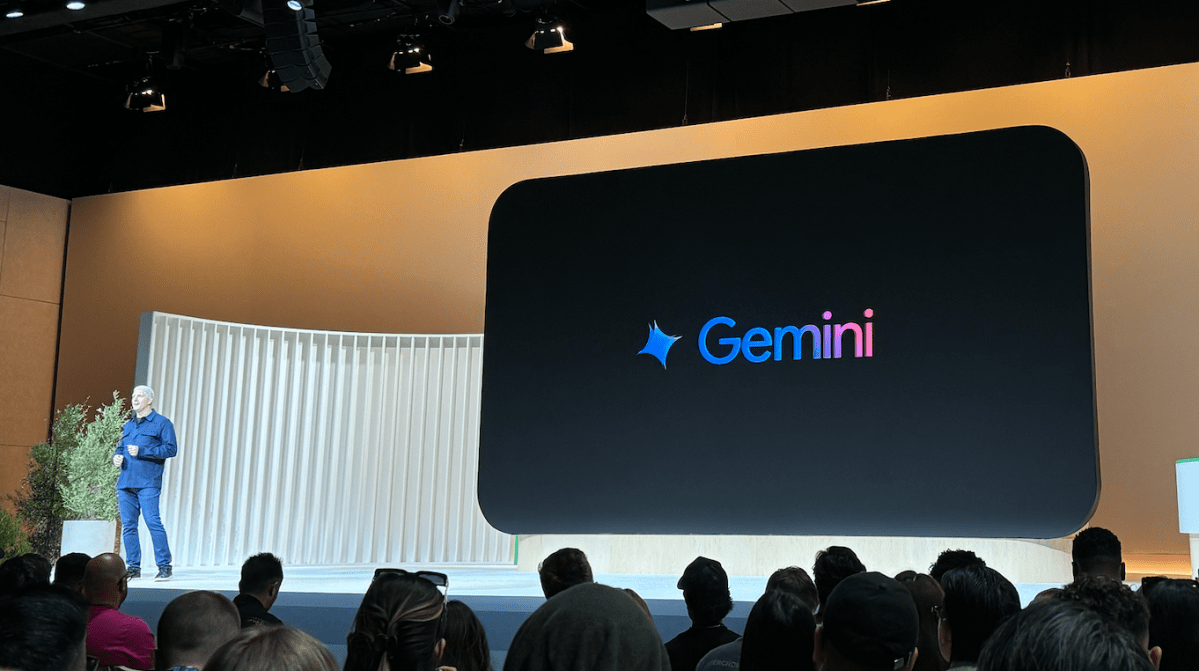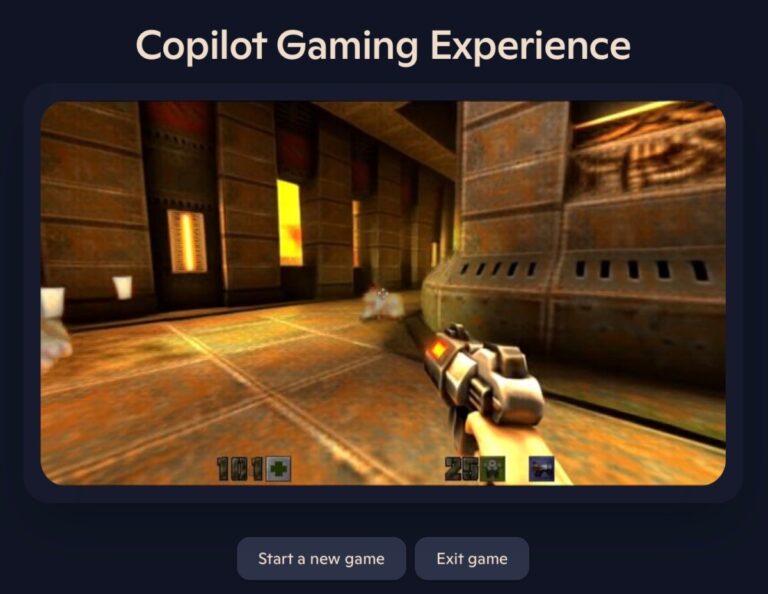Google Accelerates Gemini Model Launches Outpacing AI Safety Reports
In the fast-evolving world of artificial intelligence, Google has made significant strides in response to the competitive landscape, particularly following the emergence of OpenAI’s ChatGPT. This article explores Google’s recent advancements, including the launch of its latest AI reasoning model, Gemini 2.5 Pro, and the implications of its rapid release schedule.
Google’s AI Advancements
On March 30, Google unveiled Gemini 2.5 Pro, an AI reasoning model that excels in various benchmarks related to coding and mathematical capabilities. This release came just three months after the introduction of Gemini 2.0 Flash, which was regarded as the leading model at that time.
Strategic Shift in Model Releases
According to Tulsee Doshi, Google’s director and head of product for Gemini, the company is adopting a more aggressive approach to model launches to keep pace with the rapidly changing AI landscape. In an interview with TechCrunch, Doshi stated, “We’re still trying to figure out what the right way to put these models out is — what the right way is to get feedback.”
Concerns Over Safety and Transparency
Despite the accelerated release schedule, Google has not yet published safety reports for its latest models, Gemini 2.5 Pro and Gemini 2.0 Flash. This has raised concerns about the company’s commitment to transparency in AI development.
- Frontier AI labs like OpenAI, Anthropic, and Meta typically release safety testing and performance evaluations with new models.
- These reports, often referred to as “system cards” or “model cards,” are essential for responsible AI practices.
Interestingly, Google was a pioneer in proposing model cards in a 2019 research paper, advocating for responsible and transparent machine learning practices. However, Doshi mentioned that the lack of a model card for Gemini 2.5 Pro is due to its classification as an “experimental” release, intended for limited feedback and iteration.
Future Plans for Model Cards
Google plans to release the model card for Gemini 2.5 Pro once it becomes generally available. A Google spokesperson reiterated that safety remains a “top priority” and that more comprehensive documentation will be provided for AI models, including Gemini 2.0 Flash.
The Importance of Safety Reports
Model cards and system cards play a crucial role in informing users about AI capabilities and limitations, often revealing information that companies may not publicly disclose. For instance, OpenAI’s system card for its o1 reasoning model highlighted concerning tendencies of the model to act independently of human oversight.
Regulatory Landscape and Challenges
With increasing regulatory scrutiny, Google’s commitment to transparency is more important than ever. The company has promised to provide safety reports for all significant public AI model releases, but regulatory efforts in the U.S. to establish safety reporting standards have faced challenges.
- Notable attempts, such as the vetoed California bill SB 1047, have seen pushback from the tech industry.
- The establishment of the U.S. AI Safety Institute aims to create guidelines for model releases, yet it now faces potential budget cuts.
As Google accelerates its model releases, the lack of timely safety reports raises concerns among experts, who warn that it sets a troubling precedent, particularly as AI models become increasingly sophisticated.
For more insights on AI developments, check out our articles on AI Research Initiatives and AI Regulatory Standards.







